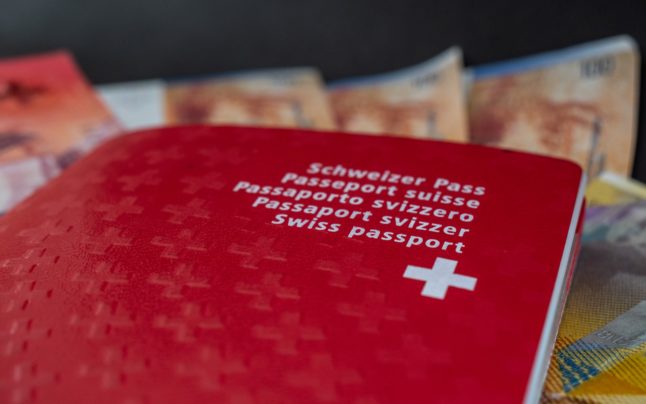The issue is causing headaches in parliament at the moment after the two houses failed to agree on what conditions should be required for such people to become Swiss, reported news agencies on Thursday.
Unlike in many other countries, people born in Switzerland are not automatically granted citizenship if their parents are not Swiss, but can apply to be naturalized under certain conditions. If neither their parents nor grandparents were Swiss, they could be the third generation of a family living in the country without citizenship.
At the moment the cantons set down their own rules regarding the naturalization process for third generation foreigners , but the federal government is trying to make the it easier by revising the law at federal level.
Under new rules developed in the lower house of parliament, a third generation foreigner could be granted simplified naturalization – as opposed to the longer process of ordinary naturalization – if they were born in Switzerland, have a C permit (permanent residency) and have completed at least five years of compulsory schooling in the country.
At least one of their parents must also have a C permit, have gone through the Swiss school system, and lived in Switzerland for at least a decade.
But on Thursday the upper house – or senate – failed to agree with the lower house on two other points.
As part of the proposed rules, at least one of the applicant’s grandparents must have been born in Switzerland or have had permanent residency. But that’s not always easy to prove, said the lower house, which suggested softening the burden of proof.
It was also concerned by the suggestion that facilitated naturalization should only be open to people aged up to 25 – in an attempt to stop people from getting out of military service by only applying for citizenship after that age.
However such a rule could prevent thousands of older people from applying for citizenship, said the lower house. Consequently, a clause should be added to say that third generation foreigners of any age should have five years to place their application from the time the new law comes into force.
But the senate disagreed on both points, voting against the lower house’s suggestions.
While the government wants to make the process easier, both houses reject the idea that third generation immigrants should automatically get Swiss citizenship by being born in Switzerland.
Before any law on the subject is passed, the Swiss people will have the final word in a referendum.



 Please whitelist us to continue reading.
Please whitelist us to continue reading.
Member comments